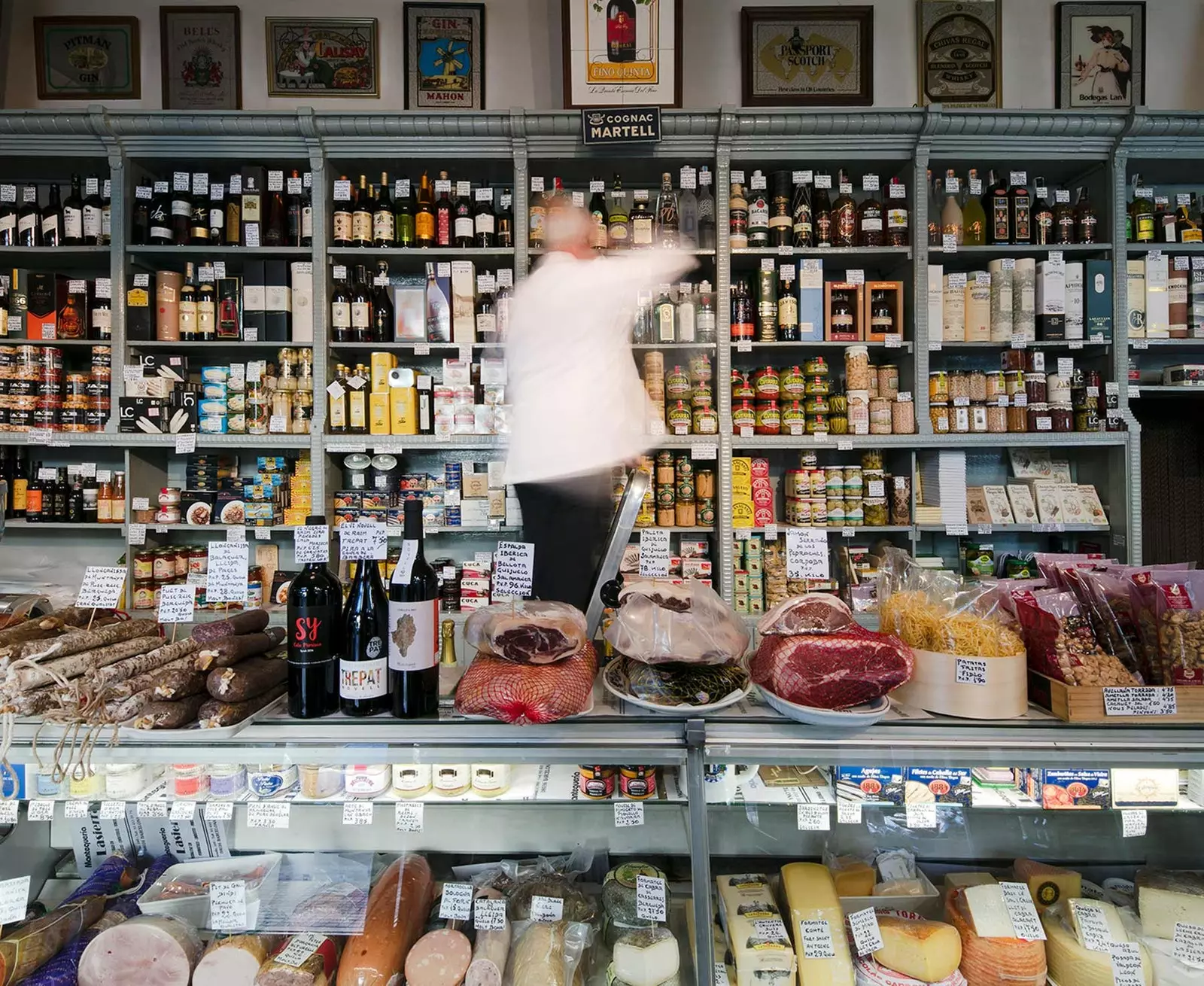
Colmado Lasierra, Barcelona
A spiral staircase only suitable for tiny beings , hidden in the bowels of the kitchen, gave access to one of the few temples that remained standing from a Barcelona singular almost disappeared. doors outside, Can Ravell was a grocery store, a creamery and a grocery store.
Indoors, it was a “speakeasy restaurant” in a majestic apartment in the heart of Eixample neighborhood. High ceilings, hydraulic floors, large bright windows and an impeccable seasonal product on the table.
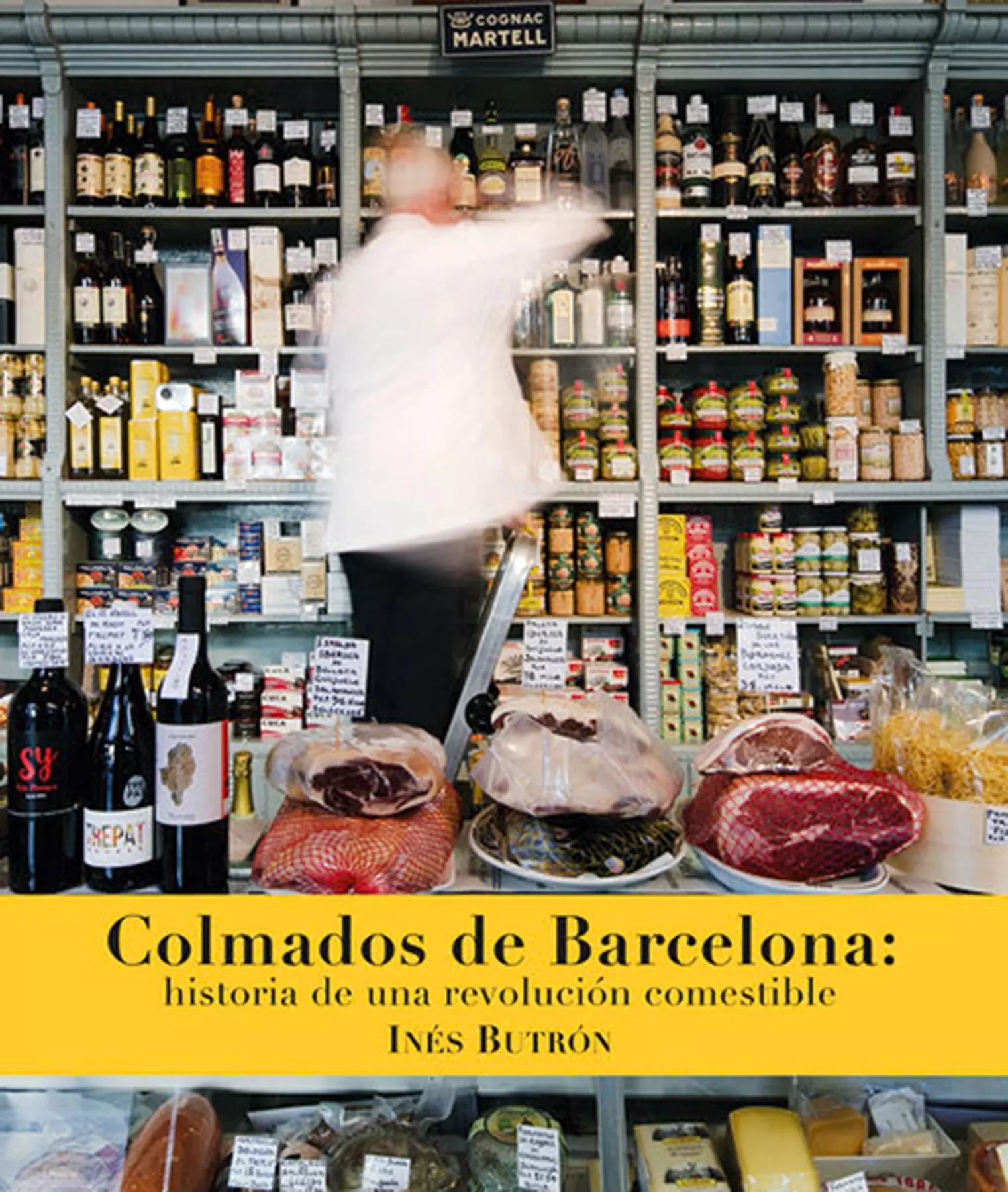
An ode to the usual locals
Founded in 1929 by Josep Ravell , could not face a debt that became unbearable when the economic crisis devastated everything. Closed forever at the end of 2017 and it is painful to think that only an international vulture fund can revive it from lethargy with a new life as a brunch place with extra avocado.
The truth is that we live in the country with the most bars per inhabitant in the world. It's no joke: **there are more bars in Spain than in the entire United States. **
We are talking about a relationship one bar for every 175 people , but curiously, the pride and culture of the bar does not emerge in the collective unconscious until a legendary local does not shut down tight.
It is with the symbolic image of the lowered metal shutter of Can Ravell , that we all stain the handkerchief with crocodile tears even if it is virtually on social networks.
Inexplicably, at some point in our history we have lost track of the last time we a friendly face behind the bar served as our confidante.
If we pay attention to the last closures (or threats of closure) it is easy to fall into the bottomless pit of pessimism: the announced death of the Palencia , Loli and Casto's bar tattooed on the heart of Malasana , reverberated beyond the M-30 despite its recent reopening ; and a vulture fund London refuses to renew the contract at Wineries The Maximum and the tavern footbath your days may be numbered.
These are just two of many existing examples. the dreaded gentrification It is not an exclusive issue for Spain. In Rome concern is growing about the possible closure of the ** Antico Caffè Greco , the oldest in the city.**
The owners want to increase the rent according to the exclusivity of the area, while in Portugal they are considering limiting the rental price to protect citizens and their bars, bodegas and grocery stores of a layer of sheet metal and paint.
“Of course we have a way to stop this drama. Consuming, consuming and consuming in the positions that we like. In this way we will protect our assets and give reasons to the children, grandchildren or cousins of the owners so that they continue to trust in the future of the business”.
Then, Is there not even a glimmer of hope? Are we defenseless against the fangs of blood-smelling sharks speculating on every sunny corner of our cities?
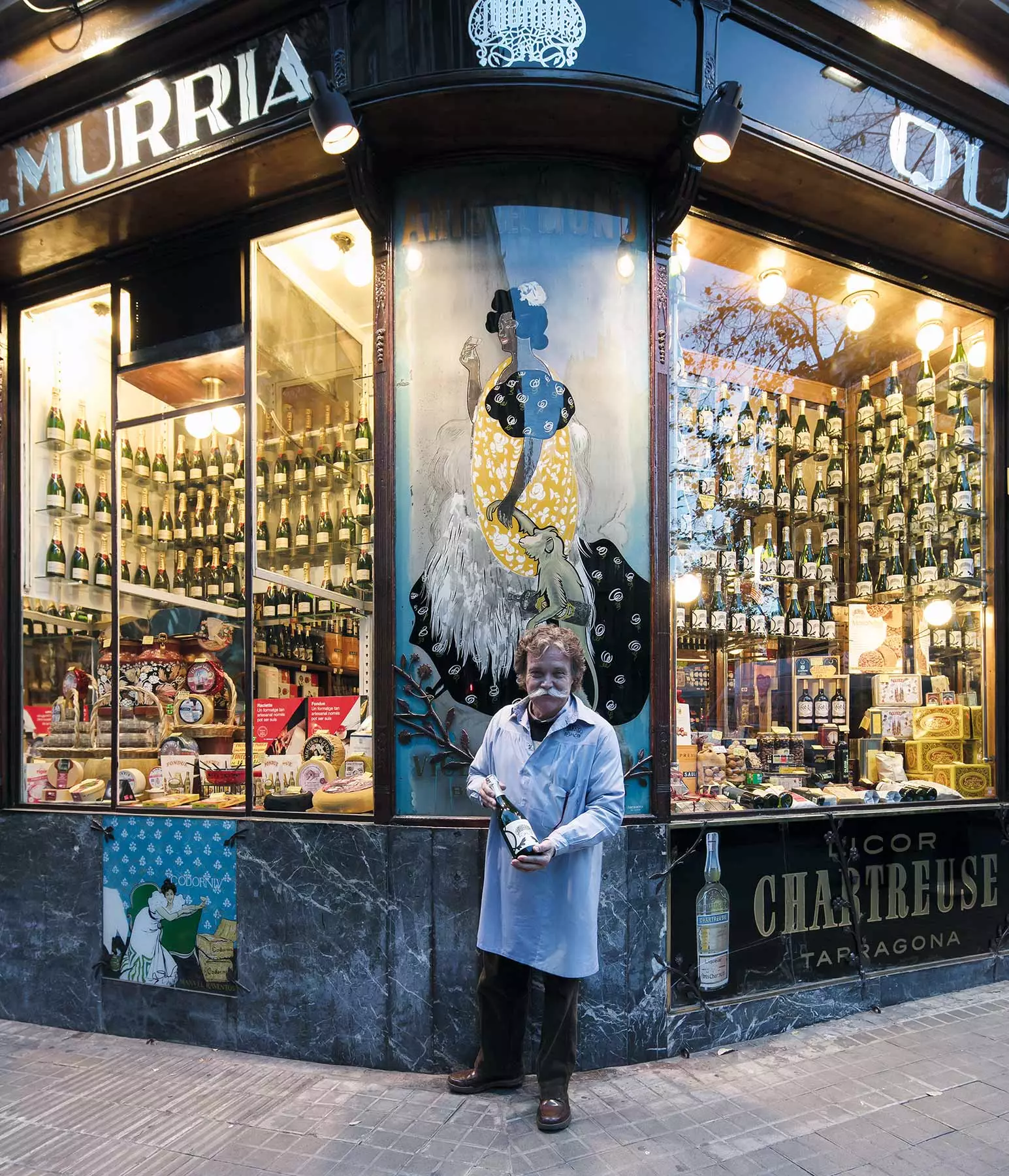
Múrria: grocery store since 1898
These are the words of Alberto García Moyano, known as Sometimes I See Bars, his alter ego so ironic with the times.
One day he decided to visit the most emblematic places outside the tourist circuit to leave a mark of the joints with soul and there he continues, at the foot of the canyon, with two owned wineries that he pampers as if they were his twins:
“The best way to take care of a bar is by going to the bar. Convey to the person who runs it that you appreciate his work. All this generates something, call it karma or call it whatever you want, but the important thing is not to let the bars die. It is a phenomenon that is happening in big cities of bars like Madrid , Barcelona , Malaga , Saragossa either Bilbao ".
He has set foot in so many bars, bodegas and grocery stores that he is clear about where to direct accusatory glances: “Enough of blaming people. We must point out the vulture funds that see these properties as profitable investments beyond whether or not they are historic bars," he argues.
"The main problem is that these gentlemen do not stop when they have guaranteed profitability. They stretch and stretch and stretch the gum until the gum gives no more and it breaks, "he criticizes.
"And what about these businesses that we all want? That the owners cannot withstand that pressure. Of course, other people may come after, but they will not be able to improve the situation, much less continue with the business of a lifetime.
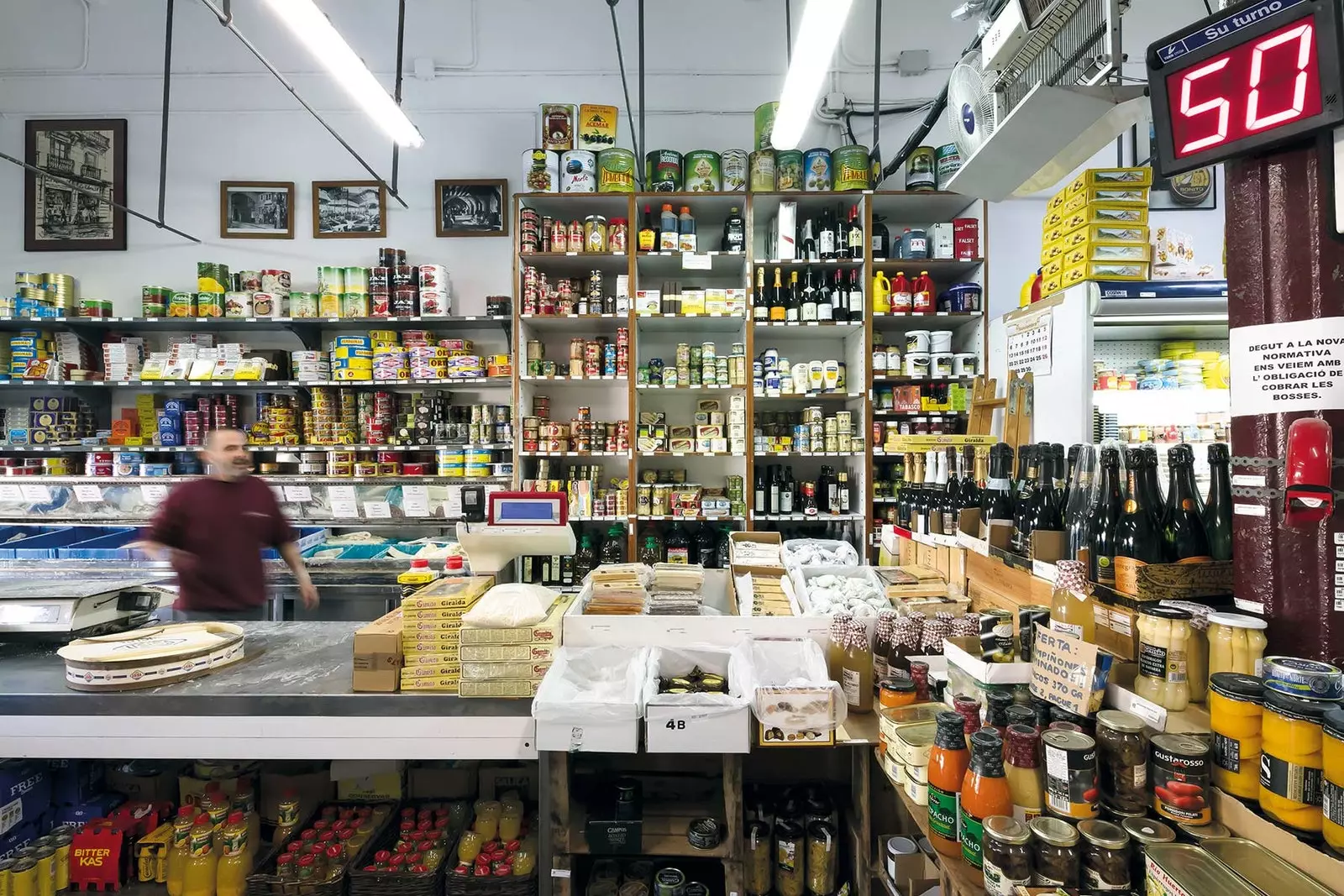
La Ribera: the temple of cod and preserves
The tsunami of bar closures is being more powerful than ever, but "there was a time when we got tired of old things and when we wanted to realize that we liked those old things it was already too late".
"But you have to remember that those old joints were also new in their day and surely ousted other old places. Life is cyclical. The only real value to stand up is to have a soul and the affection of the people. In the end, it's about being able to walk down the street with a smile," he emphasizes.
A smile or gleam of hope that conveys Inés Butrón, author of the book Colmados de Barcelona: history of an edible revolution (Sd editions, 2019).
This kitchen historian defends its symbolic value above all things: “Just as there was a place to look for work, buy clothes, cure illnesses or even a place to go to pray, the colmado was where to go to buy food," she explains her.
"Where do you think people went to get the products allocated on their ration card during the postwar period? These colmados were born as an emblem of modern cities".
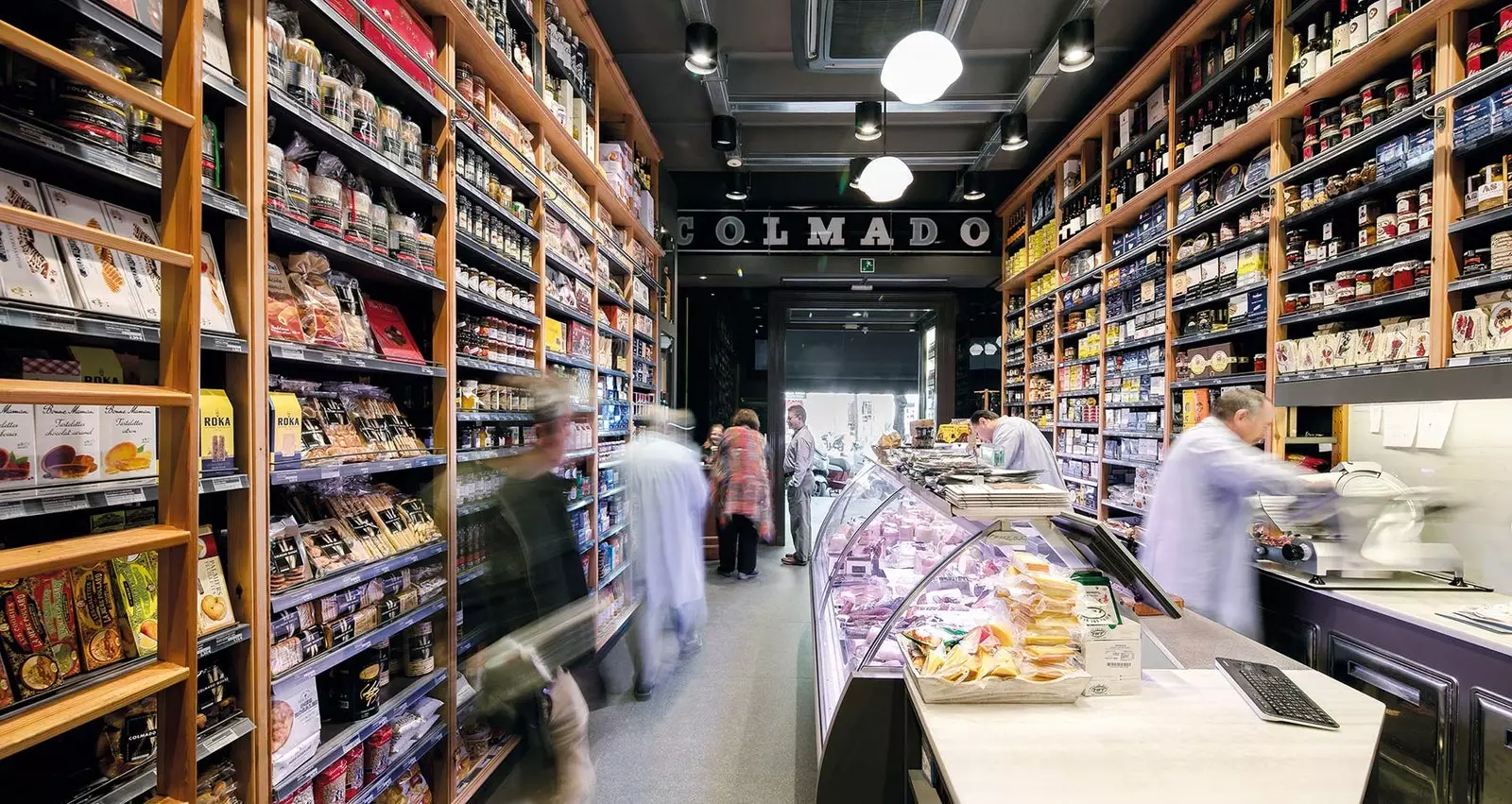
Colmado Quilez, one of the most iconic in Barcelona
"They have a historical and cultural value as the heritage of our cities because they reflect a way of life. Its role as social backbone is undeniable. It was as important or more than that exercised by the municipal markets”.
Her book is not intended to be a nostalgic compilation to weep over the disappearance of emblematic places: “That book is not an elegy. When I presented the book, there were people who told me that these sites are condemned and finished because they are very expensive."
"My answer was that haute cuisine is also very expensive and we talk about the same thing all day. The city of Paris it is not understood without Fauchon. Do people with more money go to Fauchon? Evidently. Fauchon is primarily excellence in the product and in the treatment", he reflects.
"You can buy in the supermarket that you want, but these stores make the difference with the added value of the product. We can't forget that gastronomy is a social marker just like fashion. Let's get as we get."
The consequences are being fatal, although many times we forget something: “We must not idealize bar culture either: the cellar is also where a lot of people spent hours with their elbows on the bar.
I remember women my age who said “my husband is very good because he doesn't like bars”. Beware of idealizing this world because the wineries were there to sell wine.
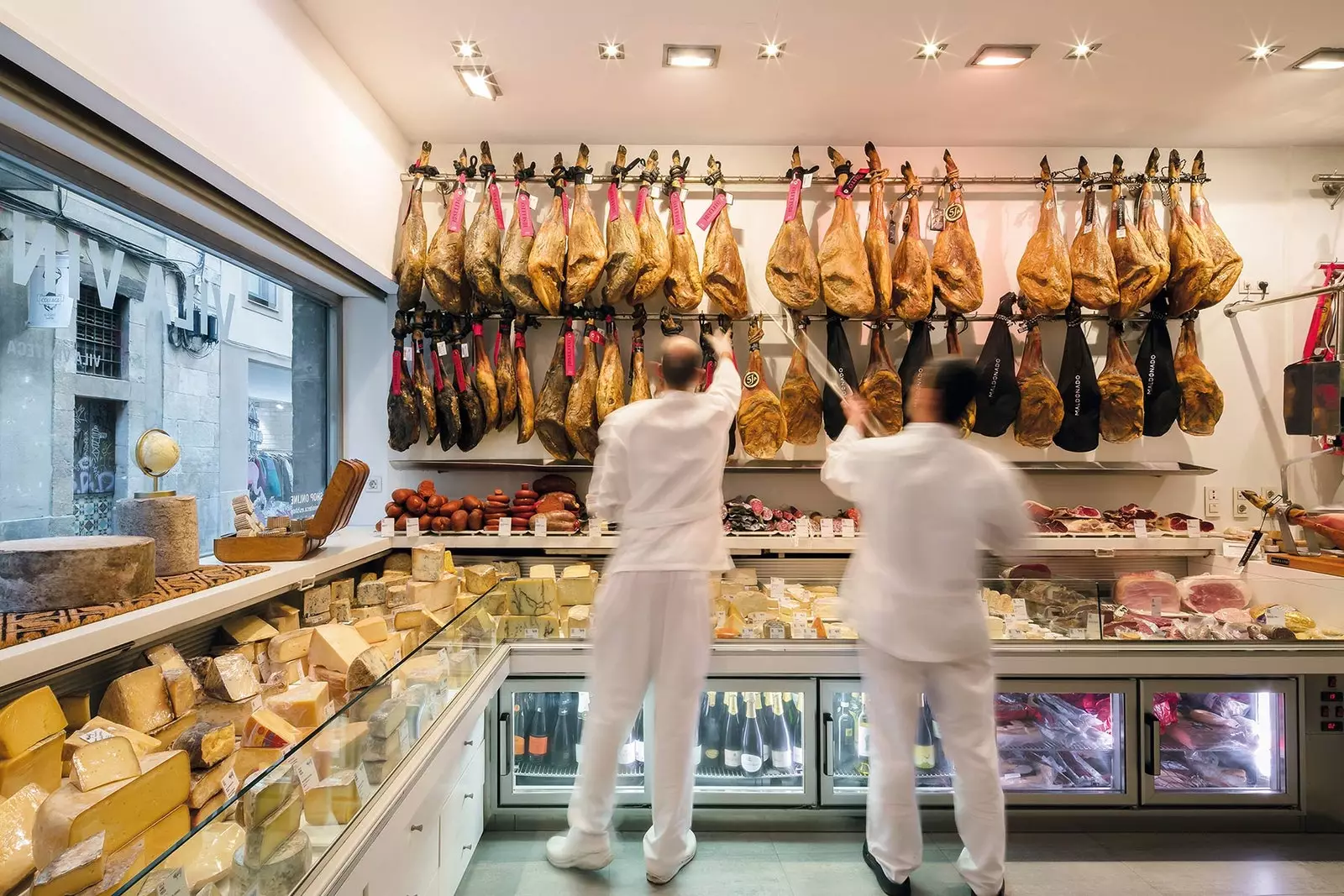
Wines in Barcelona? In Vila Viniteca
As Montalban said, "the flies fluttered around and shit on the light bulbs, the tortillas were in the open air and Ducados were smoked ”.
That does not mean that there is no promising future: “Of course there is hope for the good wineries of always. Have you entered the dining room of the Gelida winery at lunchtime? It is bursting because it eats phenomenally at a popular wreck. People know how to differentiate between a good winery and a cardboard one”.
And he leaves an in-depth reflection for the end: “Speaking with owners of bodegas and grocery stores, they all told me the same thing. They are tired of appearing in the media just to report closures ”.
What is clear is that Inés Butrón and Alberto de Sometimes I see bars they know more stories with happy endings than tragedies by closure.
Now perhaps we need the media to give free rein to all the good that is also out there without glorifying bars when it's already too late.
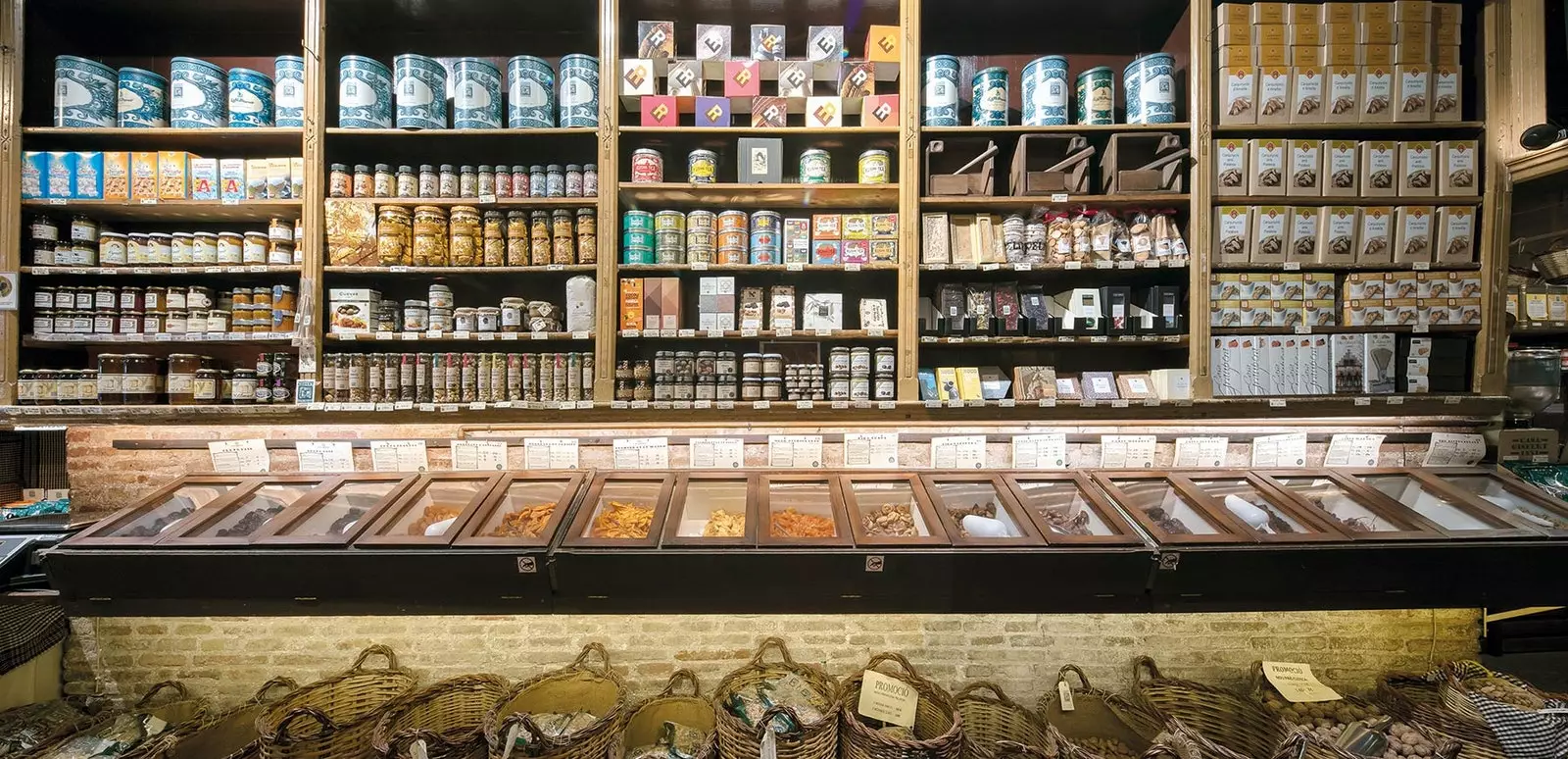
Long live bars, bodegas and grocery stores!
